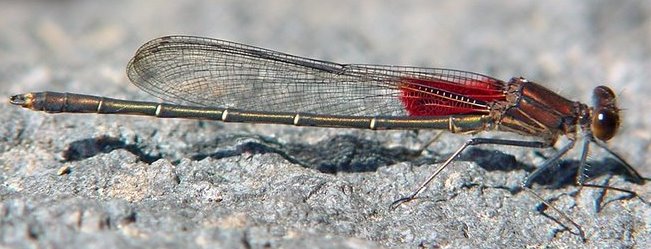
Anyone who has happened by my home office may have noticed the profusion of natural history books with many books on Insects, Herps and Birds filling the shelves. I readily admit of all the taxa I have explored over the years Mammals aren't well represented in the collection. That is beginning to change.
This time last year I was reading Jaguar by Alan Rabinowitz in preparation for our winter vacation to the Cockscomb Jaguar preserve in Central Belize. Shelley and I were joined on that trip by a pair of biologists Kiana Koenen, DCR Biologist at Quabbin, and her husband Stephen DeStefano, project leader for the US Geological Survey Cooperative Fish and Wildlife Research Unit and Research Professor at UMass in Amherst. My appreciation for mammals has increased, learning from my good friends. We didn't see any jaguars in Belize (except at the zoo) but did find some fresh tracks in the early morning mud along a remote trail as we climbed in a successful search for Scarlet Macaws.
Shortly before Christmas Steve announced the book he had been working on was published and I was presented with a copy wrapped in true holiday regalia... I decided to place it under our tree and open it on Christmas morning. You never know how a gift like this will turn out. Will it be great, full of interesting useful information and stories? or be something you'll need to avoid in polite conversation with friends. Fortunately it is the former... I really have enjoyed reading the book and highly recommend it to anyone with an interest in natural history.
The ability of the coyote to survive in the presence of humans is a great story in itself but Steve weaves tales of his vast personal experience around the hemisphere from encounters with Polar Bears in the Arctic to Andean Condors in Peru. The real message of the book though is the change in our ever more populated world. We have been spreading the footprint of human development around the world into new areas and densities while simultaneously seeking to build our houses deeper into the forest and canyons seeking comfort in the vanishing wild world, happy until a predator eats our cat...
A Robin feeds on a Crabapple in New Salem
Many of us are guilty of manipulating our environment to attract desirable wildlife. Bird feeders and wildlife plantings are likely responsible for the ability of birds such as Tufted Titmouse, Cardinals, Mockingbirds, Carolina Wrens, and our former harbinger of Spring the Robin to winter here in Central Mass. We are now becoming more aware that these seemingly harmless pursuits may have less desirable effects as Black Bears and Coyotes along with skunks, raccoons and oppossums take advantage of our free lunch program...
So as you enjoy the winter please pick up Steve's book throw a log on the fire and enjoy... Who know's what will be stalking the mice under your bird feeder...
dave@dhsmall.net
http://www.pbase.com/dhsmall
.jpg)



No comments:
Post a Comment